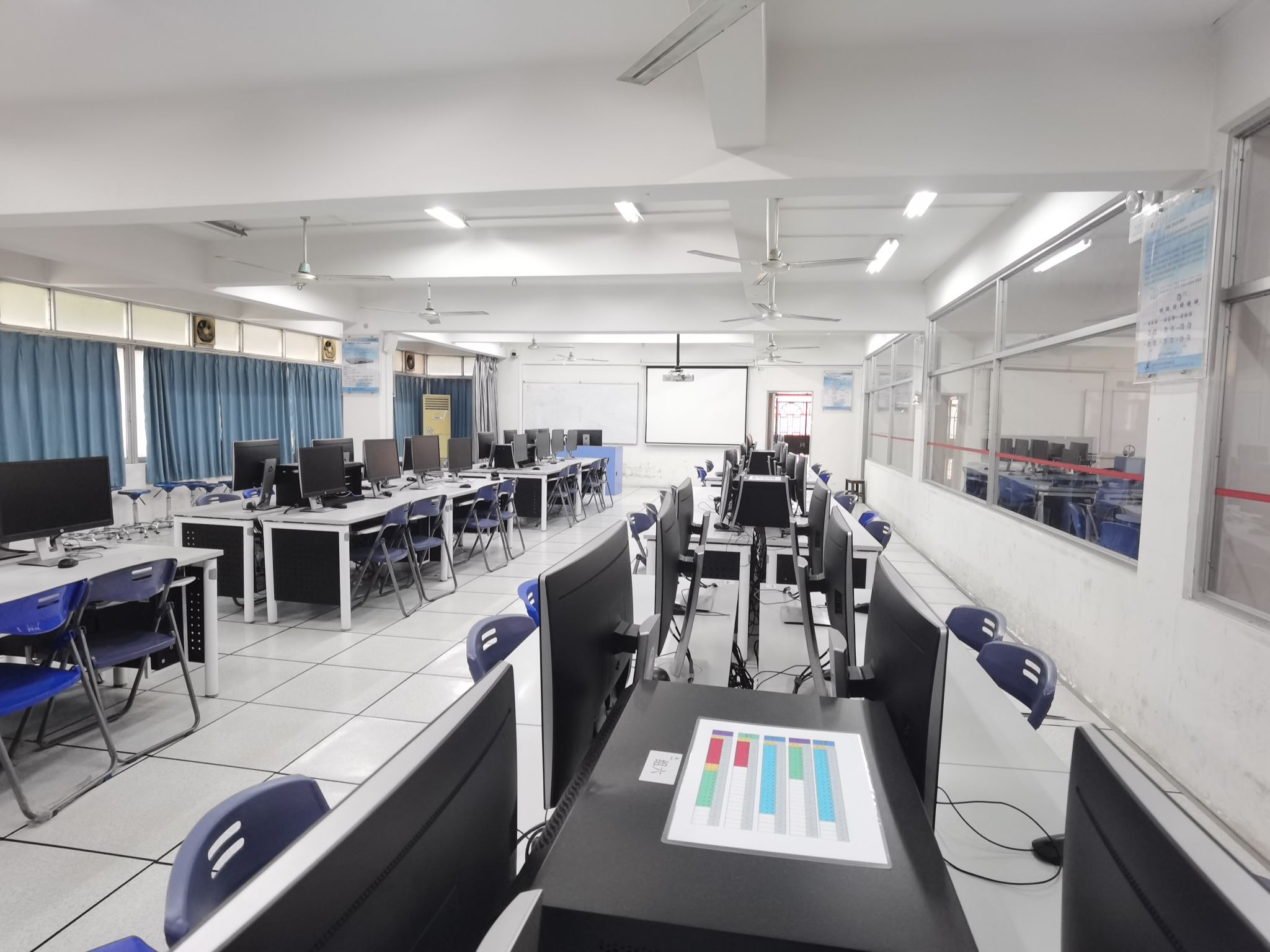In response to the call for the establishment of a distinctive high-level engineering university, focused on cultivating application-oriented talents and significantly enhancing service capabilities for local industrial development, the School of Electronics and Information Engineering (SEIE) was officially established in November 2023, having been separated from the former Department of Intelligent Manufacturing. However, the historical evolution of SEIE can be traced back to the establishment of the Department of Electronic Engineering in 1985. SEIE has formed a research and teaching system combining fundamental studies and engineering applications in primary discipline Information and Communication Engineering, and also sub- discipline Signal and Information Processing. The major research areas currently include Signal Processing and Spatial Intelligence, Brain-Computer Interfaces and Intelligent Medicine, Fiber Optic Communication and Sensing Integration Systems, Digital Optical Chips and Encoding/Decoding, Low-Altitude UAV Remote Sensing, and Satellite-Based Synthetic Aperture Radar Target Recognition, etc.
The teaching faculty of SEIE has 133 members, among whom are 14 Full Professors, 30 Associate Professors, 59 Ph. D and 43 master's supervisors respectively. There are one "Thousand Talents Plan" innovation leader, one National Outstanding Youth, one Changjiang Scholar Chair Professor, three experts receiving the State Council Special Allowance, one National Excellent Teacher, one Provincial Outstanding Youth, and four scholars listed on the "Annual Scientific Influence List."
There are currently approximately 6,000 students, including about 5,600 full-time undergraduates and 300 master's degree students. The school has a national-level research platform, 3 provincial-level research platforms, 2 provincial-level teaching platforms, and 9 other teaching and research platforms. Communication Engineering is a national-level first-class undergraduate program and a provincial brand program; Computer Science and Technology is a national-level first-class undergraduate program and a provincial characteristic program; Electronics and Information Engineering is a national characteristic program and a provincial first-class undergraduate program.
SEIE actively engages in talent cultivation, scientific research, and technological services, in accordance with the development requirements of the electronic and information-related industries in Guangdong Province and the Guangdong-Hong Kong-Macao Greater Bay Area. Up to now, the school has national and provincial research platforms including China-Pacific Island Countries Disaster Risk Reduction Cooperation Center, Guangdong Provincial Engineering Technology Research Center for Massive Biometric Information Processing, Guangdong Provincial Water Quality Online Monitoring and Treatment Key Laboratory, and etc.
In the future, aiming at key enabling technologies in electronics and information engineering, SEIE will make greater contributions to information technology and industry, aspire to become a regional hub for electronic and information technology, a center for talent, and a base for achievement transformation.


